An international bestseller, The Invisible Guardian is a gripping psychological thriller following a police inspector who reluctantly returns to her hometown to solve a series of eerie murders.
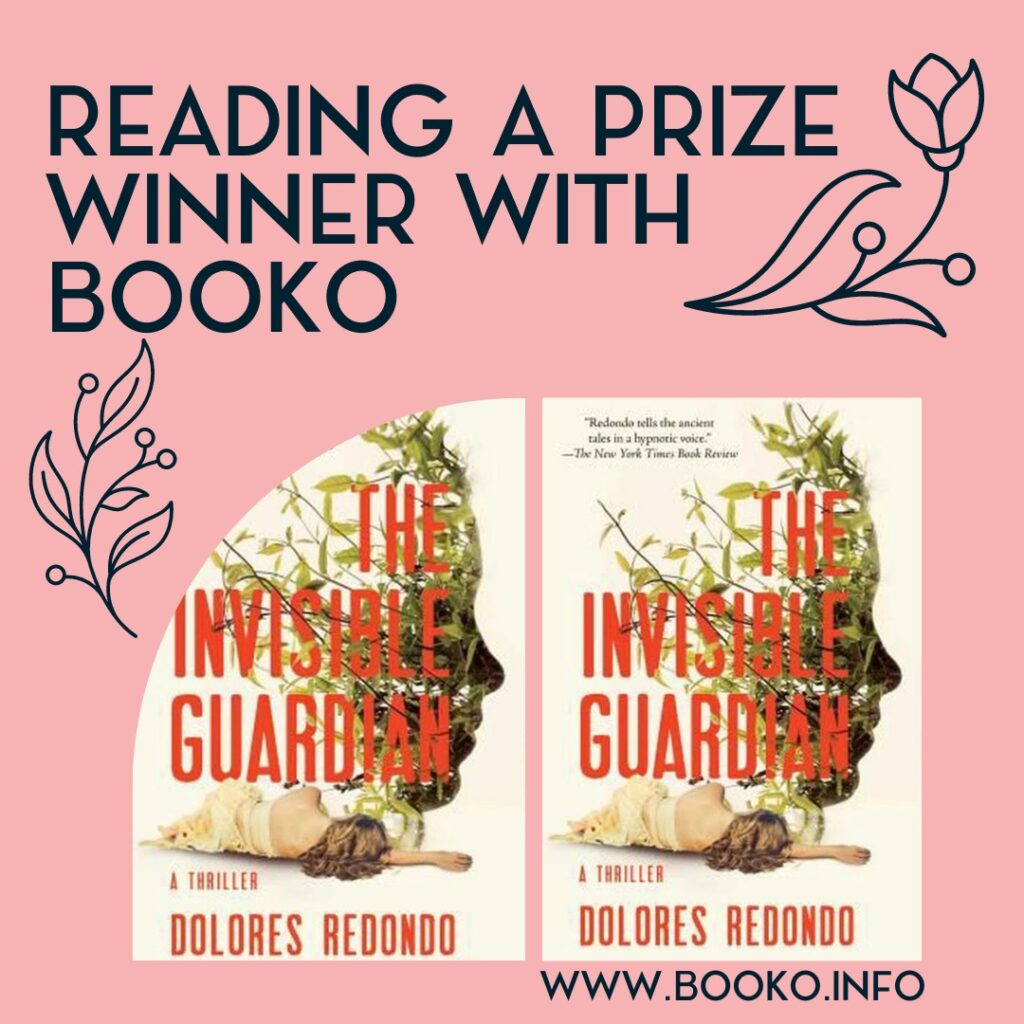
An international bestseller, The Invisible Guardian is a gripping psychological thriller following a police inspector who reluctantly returns to her hometown to solve a series of eerie murders.

A story of art, war, love and memory, The Garden of Evening Mists captures a dark moment in history with richness, power and incredible beauty.
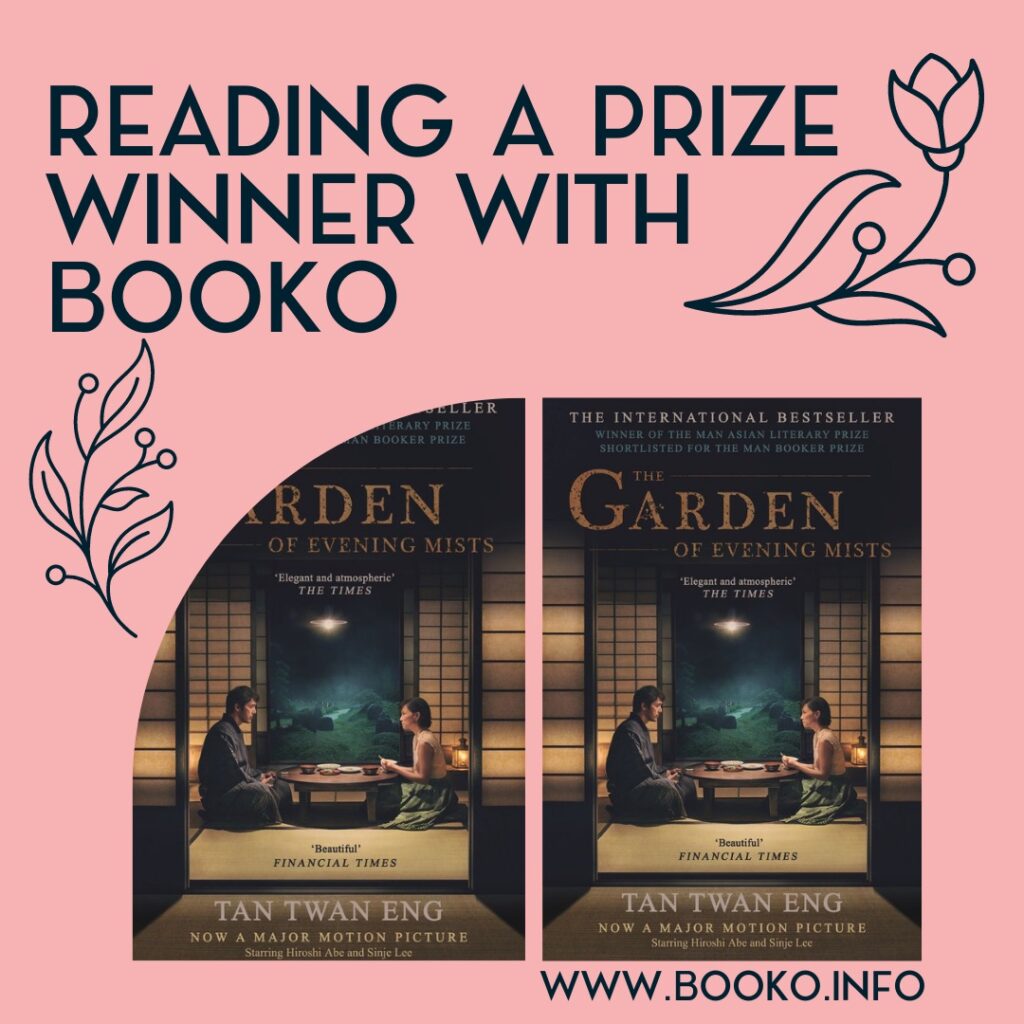
Told in a series of vignettes-sometimes heartbreaking, sometimes deeply joyous-Sandra Cisneros’ masterpiece, The House on Mango Street, is a classic story of childhood and self-discovery.
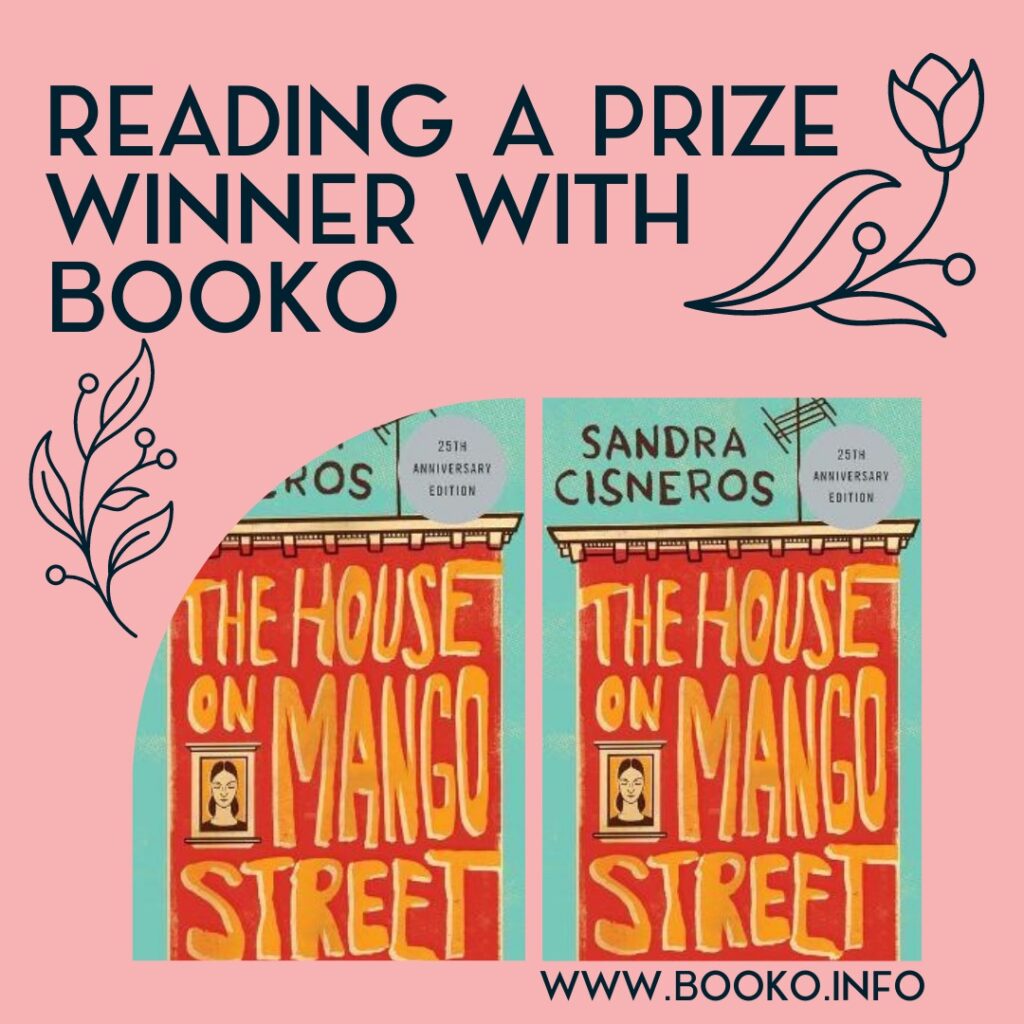
Hamnet, Winner of the 2020 Women’s Prize for Fiction, is a tale of two extraordinary people and a love that draws them together along with a loss that threatens to tear them apart.
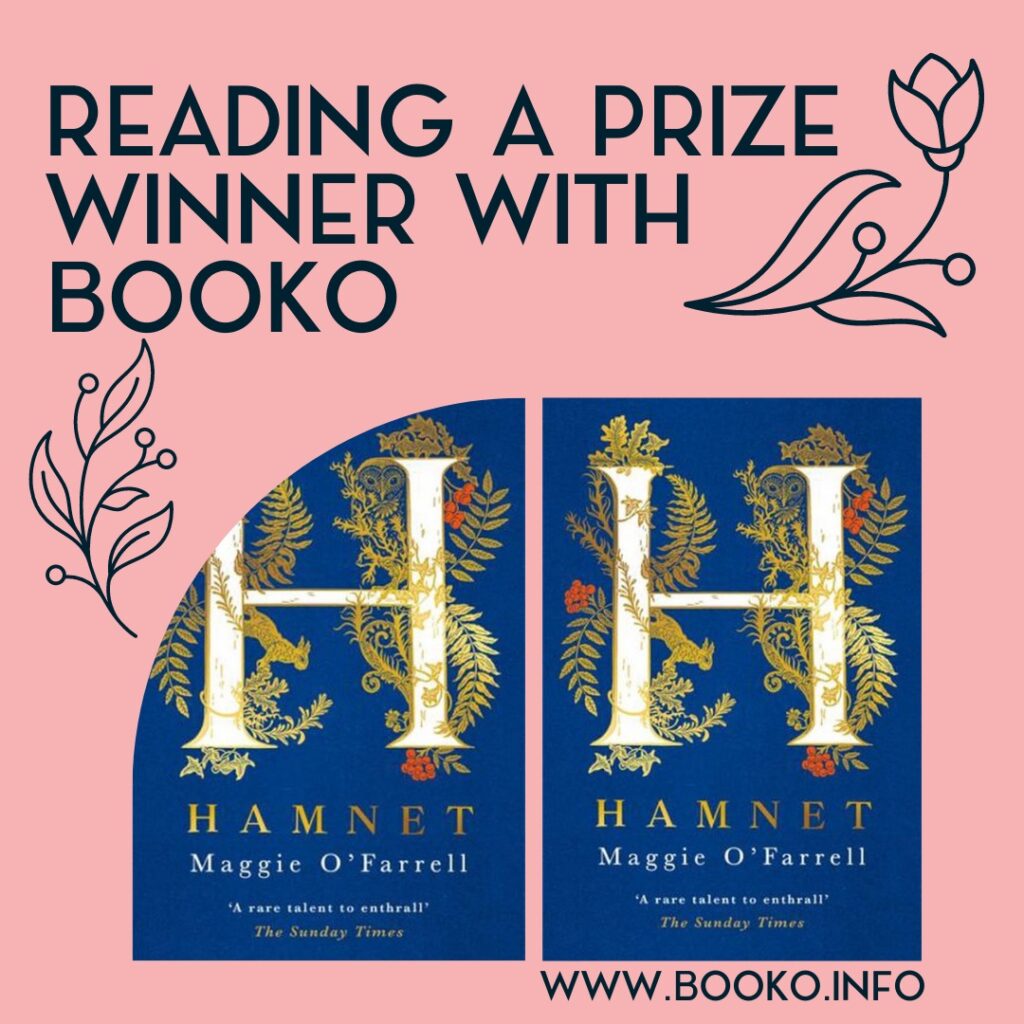
Douglas Stuart’s Shuggie Bain lays bare the ruthlessness of poverty, the limits of love, and the hollowness of pride. It’s our pick of the day.
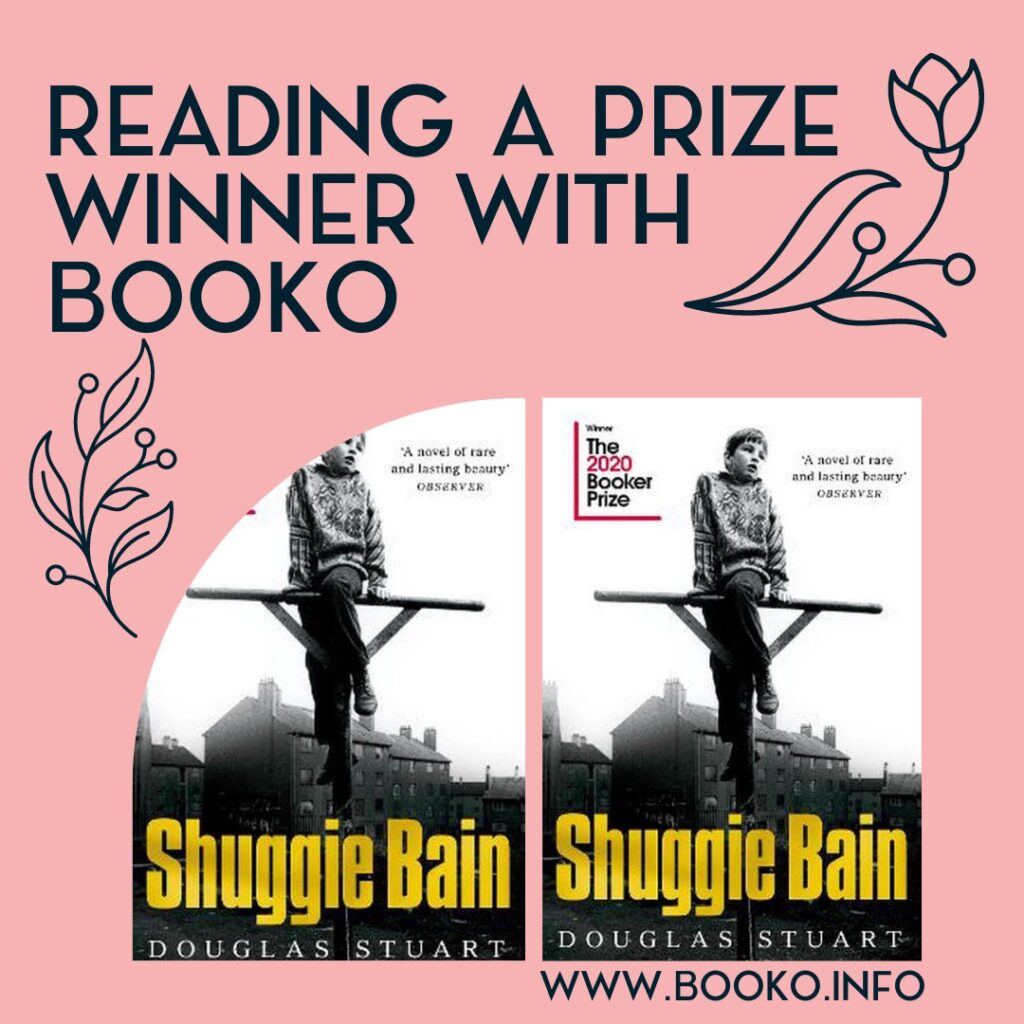
In At The Deep End is a deliciously disarming debut novel about a twenty-something Londoner who discovers that she may have been looking for love and pleasure in all the wrong places.
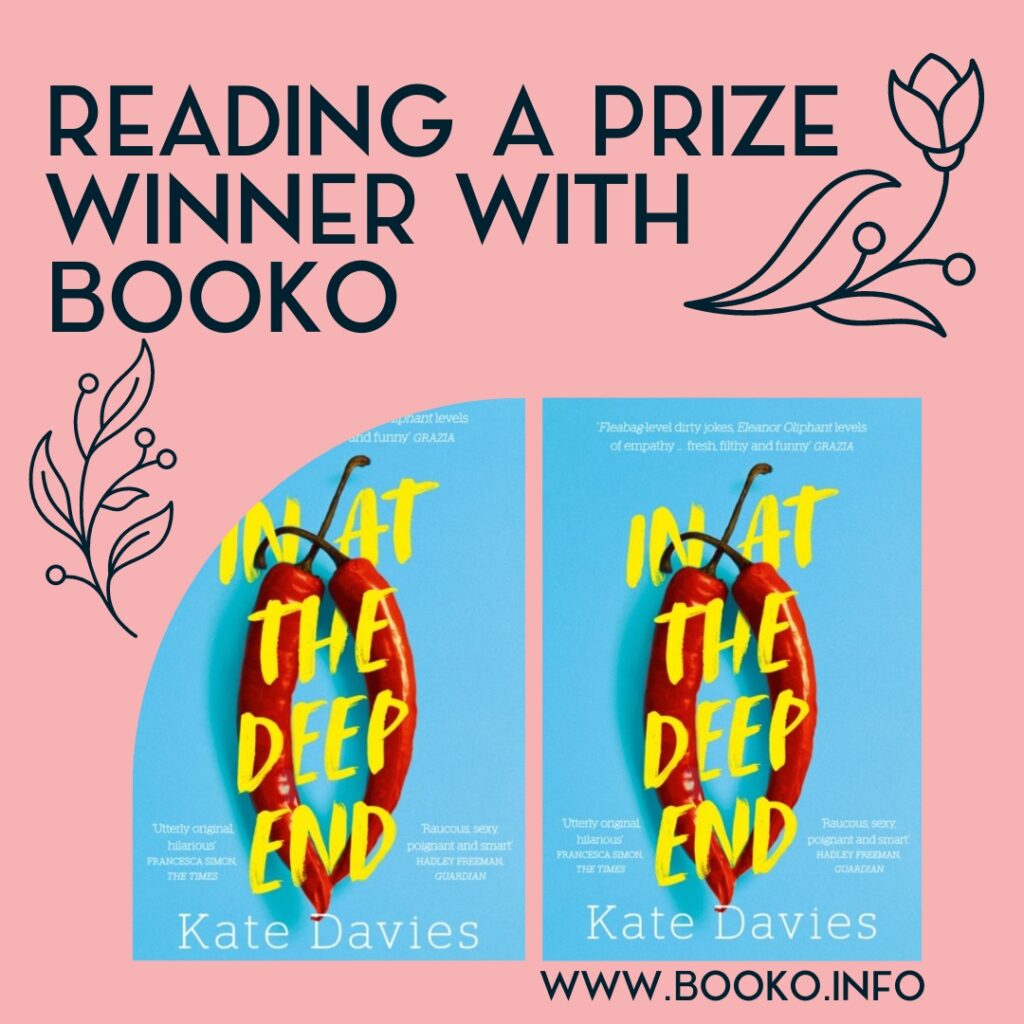
An American Dream is a moving portrayal of the effects of a wrongful conviction on a young African-American couple and Winner of The Women’s Prize for Fiction 2019.
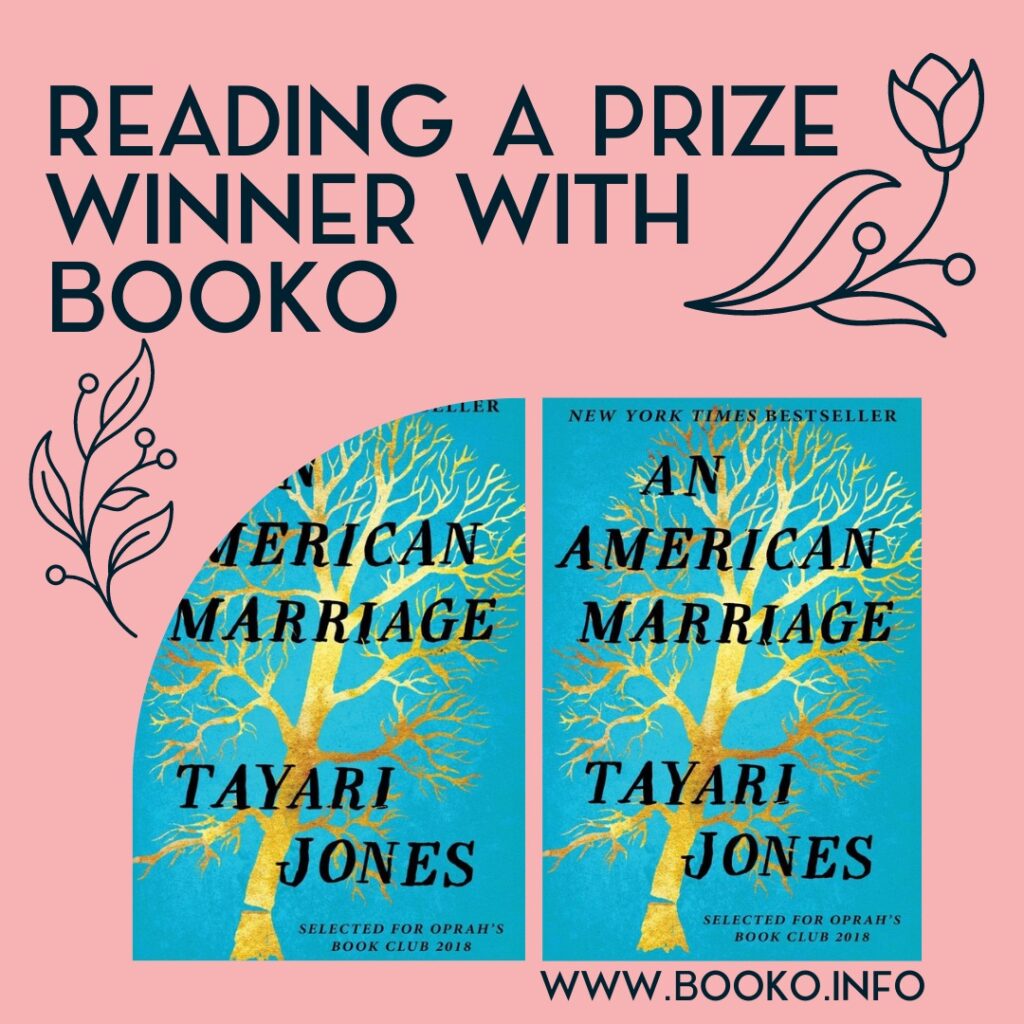
Based on the history of a real reform school that warped and destroyed the lives of thousands of children, The Nickel Boys is a devastating, driven narrative by a great novelist.
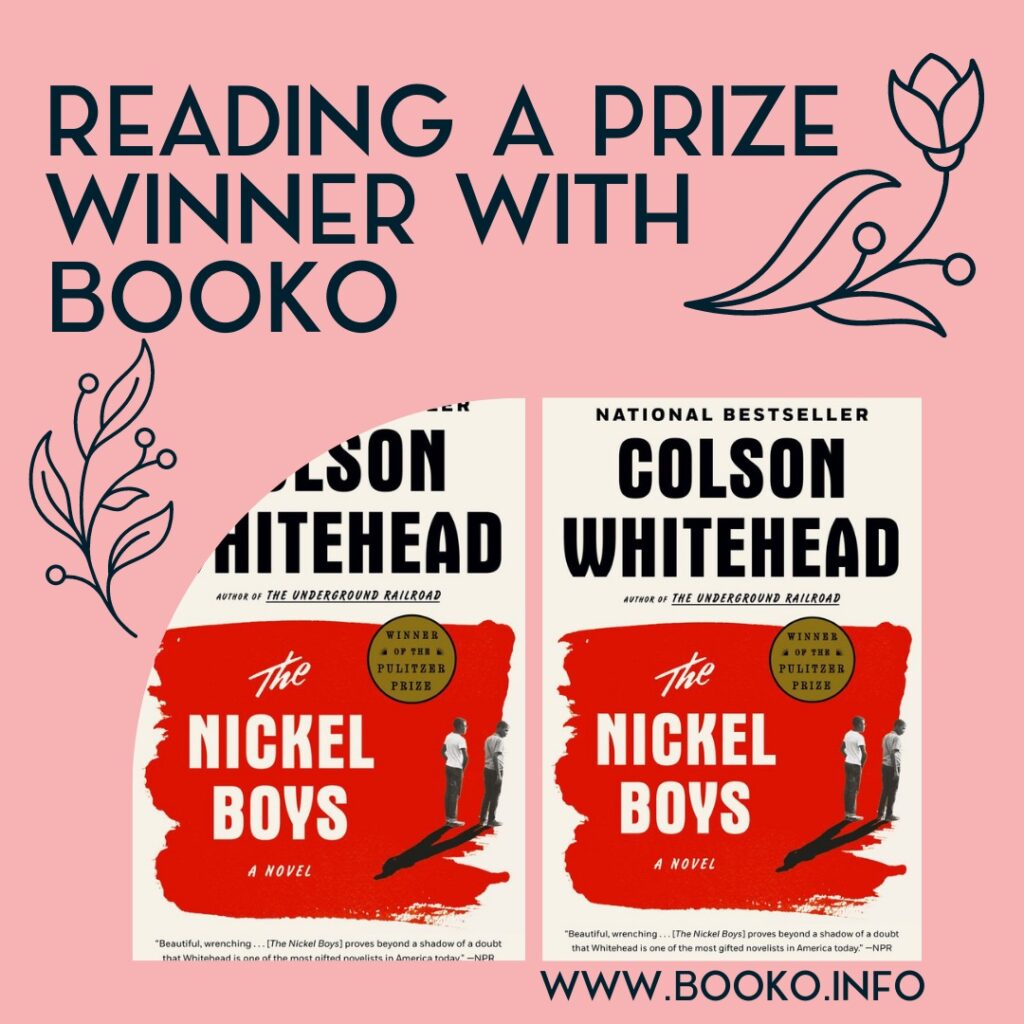
How and why we think like we do has been the subject of studies for years and historically left to the world of scholars. These days we are more interested in how our thoughts are shaped, how we can control our thinking and understand where our ideas come from.
We have scoured the literary world and found six fascinating titles that aim to unpack our thinking and challenge us to let go of old ideas and embrace a more open approach to how we play our part in society.
Making Sense by Sam Harris
Sam Harris, neuroscientist, philosopher, podcaster and bestselling author, has been exploring some of the greatest questions concerning the human mind, society, and the events that shape our world. His search for deeper understanding of how we think has led him to engage and exchange with some of our most brilliant and controversial contemporary minds in order to unpack and understand ideas of consciousness, free will, extremism, and ethical living. For Harris, honest conversation, no matter how difficult or contentious, represents the only path to moral and intellectual progress. Featuring twelve conversations from the hit podcast, these electric exchanges fuse wisdom with rigorous interrogation to shine a light on what it means to make sense of our world today.
Human Kind by Rutger Bregman
It’s a belief that unites the left and right, psychologists and philosophers, writers and historians. It drives the headlines that surround us and the laws that touch our lives. From Machiavelli to Hobbes, Freud to Dawkins, the roots of this belief have sunk deep into Western thought. Human beings, we’re taught, are by nature selfish and governed by self-interest. Humankind makes a new argument that it is realistic, as well as revolutionary, to assume that people are good. By thinking the worst of others, we bring out the worst in our politics and economics too. In this major book, internationally bestselling author Rutger Bregman takes some of the world’s most famous studies and events and reframes them, providing a new perspective on the last 200,000 years of human history. From the real-life Lord of the Flies to the Blitz, a Siberian fox farm to an infamous New York murder, Stanley Milgram’s Yale shock machine to the Stanford prison experiment, Bregman shows how believing in human kindness and altruism can be a new way to think and act as the foundation for achieving true change in our society. It is time for a new view of human nature.
Phosphorescence by Julia Baird
Over the last decade, we have become better at knowing what brings us contentment, well-being, and joy. We know, for example, that there are a few core truths to science of happiness. We know that being kind and altruistic makes us happy, that turning off devices, talking to people, forging relationships, living with meaning, and delving into the concerns of others offer our best chance at achieving happiness. But how do we retain happiness? It often slips out of our hands as quickly as we find it. So, when we are exposed to, or learn, good things, how do we continue to burn with them? And more than that, when our world goes dark, when we’re overwhelmed by illness or heartbreak, loss or pain, how do we survive, stay alive or even bloom? In the muck and grit of a daily existence full of disappointments and a disturbing lack of control over many of the things that matter most; finite relationships, fragile health, fraying economies, a planet in peril, how do we find, nurture, and carry our own inner, living light a light to ward off the darkness?
How To Argue With A Racist by Adam Rutherford
Race is real because we perceive it. Racism is real because we enact it. But the appeal to science to strengthen racist ideologies is on the rise and increasingly part of the public discourse on politics, migration, education, sport and intelligence. Stereotypes and myths about race are expressed not just by overt racists, but also by well-intentioned people whose experience and cultural baggage steers them towards views that are not supported by the modern study of human genetics. Even some scientists are uncomfortable expressing opinions deriving from their research where it relates to race. Yet, if understood correctly, science and history can be powerful allies against racism, granting the clearest view of how people actually are, rather than how we judge them to be. This book is a vital manifesto for a twenty-first century understanding of human evolution and variation, and a timely weapon against the misuse of science to justify bigotry.
The Great Guide by Julian Baggini
Invaluable wisdom on living a good life from one of the Enlightenment’s greatest philosophers David Hume (1711–1776) is perhaps best known for his ideas about cause and effect and his criticisms of religion, but he is rarely thought of as a philosopher with practical wisdom to offer. Yet Hume’s philosophy is grounded in an honest assessment of nature—human nature in particular. The Great Guide is an engaging and eye-opening account of how Hume’s thought should serve as the basis for a complete approach to life. In this enthralling book, Julian Baggini masterfully interweaves biography with intellectual history and philosophy to give us a complete vision of Hume’s guide to life. He follows Hume on his life’s journey, literally walking in the great philosopher’s footsteps as Baggini takes readers to the places that inspired Hume the most, from his family estate near the Scottish border to Paris, where, as an older man, he was warmly embraced by French society. Baggini shows how Hume put his philosophy into practice in a life that blended reason and passion, study and leisure, and relaxation and enjoyment. The Great Guide includes 145 Humean maxims for living well, on topics ranging from the meaning of success and the value of travel to friendship, facing death, identity, and the importance of leisure. This book shows how life is far richer with Hume as your guide.
Letters From A Stoic by Donald Robertson
Lucius Annaeus Seneca is one of the most famous Roman philosophers. Instrumental in guiding the Roman Empire under emperor Nero, Seneca influenced him from a young age with his Stoic principles. Later in life, he wrote Epistulae Morales ad Lucilium, or Letters from a Stoic, detailing these principles in full. Seneca’s letters read like a diary, or a handbook of philosophical meditations. Often beginning with observations on daily life, the letters focus on many traditional themes of Stoic philosophy, such as the contempt of death, the value of friendship and virtue as the supreme good. Using Gummere’s translation from the early twentieth century, this selection of Seneca’s letters shows his belief in the austere, ethical ideals of Stoicism, teachings we can still learn from today.
Enjoy!
The chilly Winter weather seems like it is definitely here to stay, and if you’re like us and based in Melbourne, we will be starting this season snuggled up at home keeping safe. We try to keep an optimistic mindset and are taking this latest lockdown as an opportunity to read as many new books as we possibly can. We normally binge read over summer at the beach, but there is also something lovely about being curled up in an armchair with a cup of tea and some page-turning fiction for company.
Here are six of the latest titles hitting the market now.
The Dictionary of Lost Words by Pip Williams
In 1901, the word ‘Bondmaid’ was discovered missing from the Oxford English Dictionary. This is the story of the girl who stole it. Esme is born into a world of words. Motherless and irrepressibly curious, she spends her childhood in the ‘Scriptorium’, a garden shed in Oxford where her father and a team of dedicated lexicographers are collecting words for the very first Oxford English Dictionary. Esme’s place is beneath the sorting table, unseen and unheard. One day a slip of paper containing the word ‘bondmaid’ flutters to the floor. Esme rescues the slip and stashes it in an old wooden case that belongs to her friend, Lizzie, a young servant in the big house. Esme begins to collect other words from the Scriptorium that are misplaced, discarded or have been neglected by the dictionary men. They help her make sense of the world. Over time, Esme realises that some words are considered more important than others, and that words and meanings relating to women’s experiences often go unrecorded. While she dedicates her life to the Oxford English Dictionary, secretly, she begins to collect words for another dictionary: The Dictionary of Lost Words. Set when the women’s suffrage movement was at its height and the Great War loomed, this book reveals a lost narrative, hidden between the lines of a history written by men. It’s a delightful, lyrical and deeply thought-provoking celebration of words, and the power of language to shape the world and our experience of it.
The Last Thing He Told Me by Laura Dave
Before Owen Michaels disappears, he manages to smuggle a note to his new wife, Hannah: protect her. Hannah knows exactly who Owen needs her to protect – his sixteen-year-old daughter, Bailey, who lost her mother tragically as a child. And who wants absolutely nothing to do with her new stepmother. As her increasingly desperate calls to Owen go unanswered, his boss is arrested for fraud and the police start questioning her, Hannah realises that her husband isn’t who he said he was. And that Bailey might hold the key to discovering Owen’s true identity, and why he disappeared. Together they set out to discover the truth. But as they start putting together the pieces of Owen’s past, they soon realise that their lives will never be the same again.
The Midnight Library by Matt Haig
Between life and death there is a library. When Nora Seed finds herself in the Midnight Library, she has a chance to make things right. Up until now, her life has been full of misery and regret. She feels she has let everyone down, including herself. But things are about to change. The books in the Midnight Library enable Nora to live as if she had done things differently. With the help of an old friend, she can now undo every one of her regrets as she tries to work out her perfect life. But things aren’t always what she imagined they’d be, and soon her choices place the library and herself in extreme danger. Before time runs out, she must answer the ultimate question: what is the best way to live?
Bila Yarrudhanggalangdhuray by Anita Heiss
Gundagai, 1852 The powerful Murrumbidgee River surges through town leaving death and destruction in its wake. It is a stark reminder that while the river can give life, it can just as easily take it away. Wagadhaany is one of the lucky ones. She survives. But is her life now better than the fate she escaped? Forced to move away from her miyagan, she walks through each day with no trace of dance in her step, her broken heart forever calling her back home to Gundagai. When she meets Wiradyuri stockman Yindyamarra, Wagadhaany’s heart slowly begins to heal. But still, she dreams of a better life, away from the degradation of being owned. She longs to set out along the river of her ancestors, in search of lost family and country. Can she find the courage to defy the White man’s law? And if she does, will it bring hope … or heartache? Set on timeless Wiradyuri country, where the life-giving waters of the rivers can make or break dreams, and based on devastating true events, Bila Yarrudhanggalangdhuray (River of Dreams) is an epic story of love, loss and belonging.
The Road Trip by Beth O’Leary
Addie and her sister are about to embark on an epic road trip to a friend’s wedding in rural Scotland. The playlist is all planned and the snacks are packed. But, not long after setting off, a car slams into the back of theirs. The driver is none other than Addie’s ex, Dylan, who she’s avoided since their traumatic break-up two years earlier. Dylan and his best mate are heading to the wedding too, and they’ve totalled their car, so Addie has no choice but to offer them a ride. The car is soon jam-packed full of luggage and secrets, and with four hundred miles ahead of them, Dylan and Addie can’t avoid confronting the very messy history of their relationship… Will they make it to the wedding on time? And, more importantly, is this really the end of the road for Addie and Dylan?
How To Mend A Broken Heart by Rachael Johns
Summer in New Orleans means hot days, long nights, spooky stories and surprising new beginnings. Felicity Bell has struggled to move on after her marriage broke down. Her ex has found love again, her children have their own lives, and it’s beginning to feel like her only comfort comes from her dog and her job as a taxidermist. So when Flick gets an offer to work in New Orleans for a few months, she’s drawn to the chance to make a fresh start. Zoe is ready to start a family with her husband, but when he betrays her, she’s left shattered and desperate for a change of scenery. Joining her mother on the other side of the world to drown her sorrows seems the perfect solution. Although both mother and daughter are wary of risking their hearts to love again, Theo, a jazz bar owner, and Jack, a local ghost hunter, offer fun, friendship and distraction. But all is not as it seems in New Orleans…A chance meeting with Aurelia, a reclusive artist who surprises them with lessons from her life, prompts Flick and Zoe to reassess what they want too. Can all three women learn from the past in order to embrace their future? An uplifting novel about three women joyously learning to move on after heartbreak by the bestselling author of The Patterson Girls and Flying The Nest.
Enjoy!